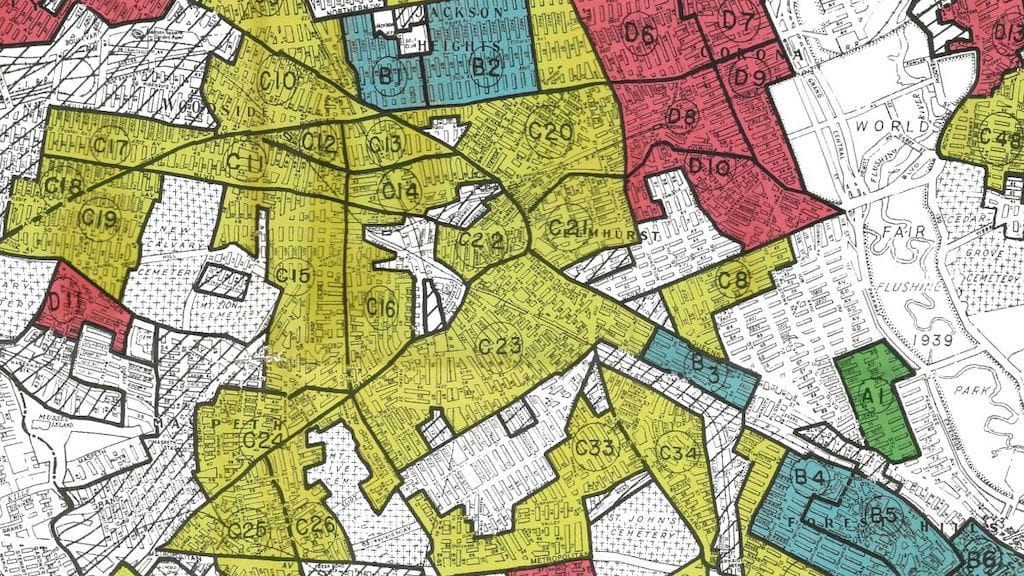Broadband Association Argues Providers Not Engaged in Rollout Discrimination
Trade group says telecoms are not discriminating when they don’t build in financially difficult areas.

WASHINGTON, September 18, 2023 – Broadband association US Telecom sent a letter to the Federal Communications Commission last week saying internet service providers don’t build in certain areas because it is financially difficult, not because they are being discriminatory.
The FCC proposed two definitions of digital discrimination in December 2022: The first definition includes practices that, absent technological or economic constraints, produce differential outcomes for individuals based a series of protected characteristics, including income, race, and religion. The second definition is similar but adds discriminatory intent as a necessary factor.
“To make business determinations regarding capital allocation, an ISP must consider a host of commercially important factors, none of which involve discrimination,” said the September 12 letter from USTelecom, which represents providers including AT&T, Verizon, Lumen, Brightspeed, and Altafiber.
“As the Commission has consistently recognized, such deployment is extremely capital-intensive…This deployment process is therefore subject to important constraints related to technical and economic feasibility” added the letter.
US Telecom explained that ISPs’ will choose to invest where they expect to see a return on the time and money they put into building broadband.
The association added that factors like population density, brand reputation, competition and the availability of the providers’ other services all go into deciding where broadband gets deployed.
“The starting point of the Commission’s approach to feasibility should be a realistic acknowledgement that all ISPs must prioritize their resources, even those that invest aggressively in deployment,” added the letter.
The association also highlighted the fact that it hopes to see as little government intervention in broadband deployment activity as possible, a concern that has been echoed by lobbyists before.
“Rather than attempting to use Section 60506 to justify taking extra-statutory intrusive actions that could paradoxically undermine ongoing broadband investment, the Commission must enable ISPs to make decisions based on their own consideration of the kinds of feasibility factors discussed above” read the letter.
Section 60506 of the Infrastructure, Investment and Jobs Act says that the FCC may implement new policies to ensure equal access to broadband.
The FCC is also looking to develop guidelines for handling digital discrimination complaints filed against broadband providers.
USTelecom said that ISPs should be allowed to demonstrate financial and logistical concerns as a rebuttal to those claims, in addition to disclosing other reasons for directing investment elsewhere to demonstrate non-discriminatory practice.
Reasons for investment elsewhere would include rough terrain, low-population density, MTE owners not consenting to deployment, zoning restrictions, or historical preservation review.
“To aid in the success of the Infrastructure Act and facilitate equal access, the Commission must continue to foster an environment conducive to ISP investment in the high-speed broadband infrastructure that Congress rightly views as central to our connected future,” concluded the letter.








